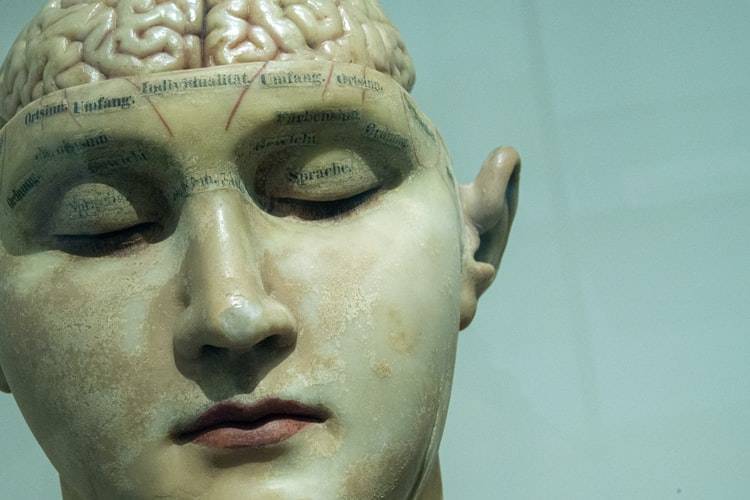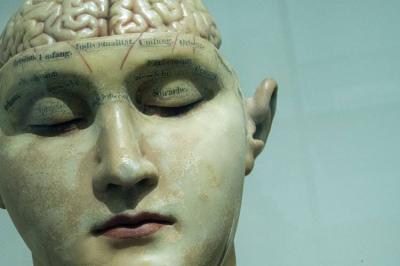Dementia is a broad term for a range of specific conditions caused by abnormal changes in the brain, leading to a decline in thinking skills that can impact the patient's behavior, emotions, and relationships. Dementia is not a disease but a collection of symptoms resulting from brain damage, representing a general term for memory loss, as well as loss of language skills, problem-solving abilities, and other cognitive skills. When these losses are severe enough to affect daily life, one is considered to have dementia. There are various causes of dementia, with Alzheimer's disease being the most common. While there are several confirmed warning signs of dementia, a new study has identified a potential new indicator of the disease.
The inability to discern speech in noisy environments is a hallmark of hearing impairment, and researchers at Oxford University now believe it is linked to dementia. In a study involving 82,000 individuals, 1,285 developed dementia. Researchers found that those who struggled to hear conversations in noisy settings were at a higher risk of developing the disease. The study tracked individuals over the age of 60 for 11 years. Lead author Dr. Jonathan Stevenson stated, "Difficulty hearing speech in noise is one of the most common problems for individuals with age-related hearing loss, and this is the first study to investigate its connection to dementia in a large group of people."
Individuals with difficulties hearing in noisy environments were nearly twice as likely to develop dementia, and even those who performed better were 61% more at risk. The study did not determine whether hearing problems cause dementia or are merely accompanying symptoms of the disease. Anyone experiencing hearing difficulties is advised to seek medical advice, as it may be an early sign of potential dementia, according to the British newspaper, Express.




